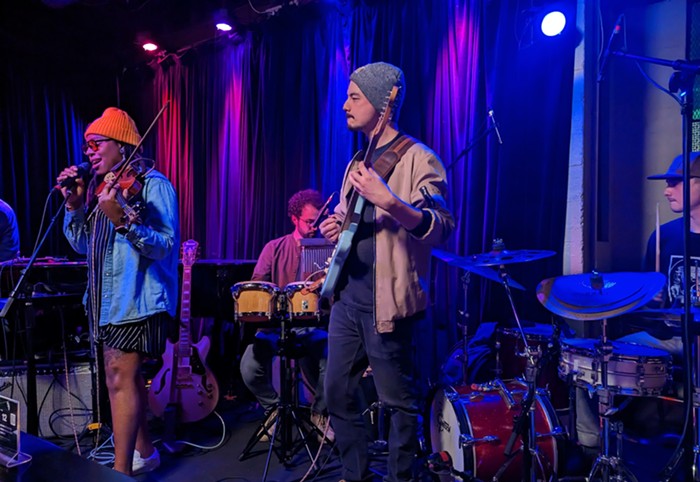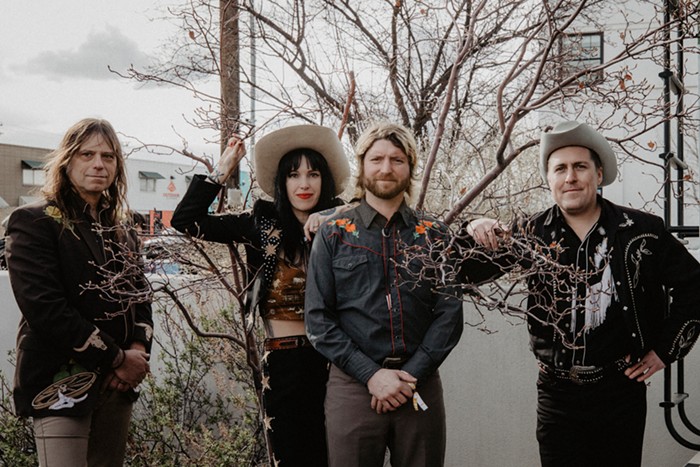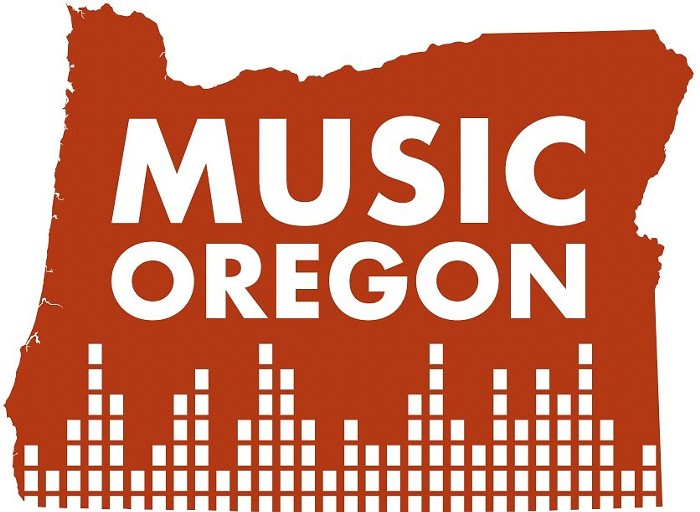Of course, none of these reflexive associations are completely fair or accurate. Just because some songwriters pick up a guitar south of the Mason-Dixon Line doesn't mean that their repertoire will automatically consist of melodramatic, 30-minute jams or defensive homages to their home state--and it certainly doesn't mean they are dyed-in-the-wool xenophobes. But part of the reason such stereotypes have endured is because few modern artists have pushed the genre in new directions or expanded mainstream public perception of what brutally honest and spiritually rich Southern rock can sound like. That is, not until Drive-By Truckers mowed over critics and fans with their fourth record, Southern Rock Opera, a loving yet clear-eyed tribute to the life and death of Lynyrd Skynyrd. With an allegiance to the genre's best traits (ballsy, bluesy guitars; sharp, gutsy lyrics) and an avoidance of its pitfalls (myopic self-pity, rootless guitar solos), the Truckers reclaimed the Southern sound with a spiky jab of intellect and unprecedented sense of liberal compassion.
After its initially sluggish independent release in 2000, the epic double album was picked up by Lost Highway Records in 2002 and swiftly gained a cult following, landing all over critics' year-end lists and building the band a loyal, diverse fan base eager to hear them play live. Unfortunately, the band members were all in their mid-30s and had already been touring relentlessly since the band's inception in 1998--by the end of 2002, they had played 800 shows in less than five years. This severely taxed the band's hearts, wallets, and interpersonal relationships, and it shows openly on their dark, devastatingly beautiful 2003 record, Decoration Day (New West Records).
"I'm a whole lot better now," said Patterson Hood, the most prolific of the band's triumvirate of songwriters, soon after the record's release. "I'm in a much better mental-health state than I was when I was writing the majority of this record." Some serious downtime and the introduction of youthful new guitarist Jason Isbell helped reinvigorate the band creatively and emotionally. "Jason wasn't in the band when a lot of the bad crap that we wrote about happened," explains Hood, "so he got to come in fresh, which I think is a really healthy thing for the long-term survival of this band."
Long-term survival prospects look good: The conceptual sprawl of Southern Rock Opera may have been the catalyst for their initial acclaim, but the risky depth and sober cohesiveness of Decoration Day was an undeniably stronger accomplishment, which was then followed by 2004's even grittier Dirty South. Through it all the Drive-By Truckers have traveled down some familiar Southern straightaways (failed romances and the loneliness of road life), while also taking wise detours down uncomfortable roads, unironically confronting topics like incest, unemployment, domestic violence, and suicidal impulse, and doing so with palpable empathy.
Strangely, the only chilly reception the Truckers have experienced has been in parts of the South. "Maybe we're singing about a lot of things people would just as soon not talk about down here," theorizes Hood. "But things are more gray. Bad people do some good things along the way, and good people really fuck up along the way. Where you end up standing in the final analysis is still based on a whole lot of additions and subtractions. A lot of people don't want to hear it that way--they want to hear things cut-and-dry, but really, it's like that everywhere. If I learned anything from the amount of touring we did, it was just how much everybody really is kind of alike--it's not just a Southern thing."


















